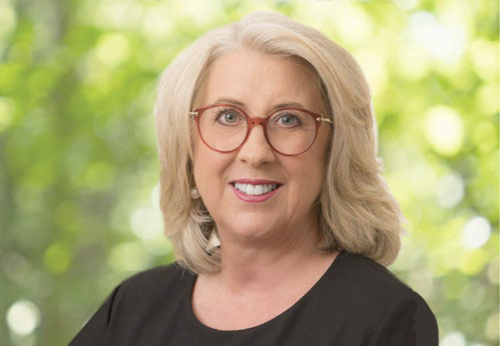Your client who is going through a matrimonial/de facto property settlement may say to you that their particular contribution to the accumulation of the asset pool was ‘special’, by which they mean that:
- They made a greater contribution than their partner;
- They should receive a greater share of the asset pool.
In this article we review the current law on ‘special contributions’ and how you might respond to your client’s claim.
The second step of the ‘4 Step Process’ for determining how the assets of the marriage ought to be divided between the parties includes consideration of the contributions of the parties.
Contributions may be:
- Financial, to the acquisition, conservation or improvement to property
- Non-financial, to the acquisition, conservation or improvement to property
- Welfare and homemaking, to the relationship and the children of the relationship.
A party may claim that they made a ‘special’ direct financial contribution which warrants them receiving a greater share of the asset pool.
Examples of ‘special contributions’ include contributions made by:
- An inheritance
- A ‘good’ business person
- An entrepreneur
- A successful artist
- A specialist surgeon.
The existence of a ‘Doctrine of Special Contribution’ was recently reviewed, and rejected, in the decision in Kane v Kane by the Full Court of the Family Court [2013].
The parties had been married for 30 years. The issue in dispute was the weight to be given to their respective contributions to their self-managed superannuation fund. The husband sought a greater share of the fund based on his ‘special contributions’, being ‘the application of his acumen to investment decisions which caused the fund to prosper’ (from $540,000 in 2008 to $1,850,000 in 2012). The husband, with the wife’s consent, purchased shares using matrimonial savings. The shares were registered separately in the name of the husband or the wife, with different rates of growth in their respective portfolios. The husband asserted that this separation evidenced the parties’ shared intention to benefit individually, and not collectively, from their respective portfolios only. The wife asserted that the husband had merely invested their savings and they should benefit equally in the overall growth. The husband took principal responsibility for the investments and the wife was content with this (not unusual) arrangement although in evidence she conceded that she was unenthusiastic about the husband’s wish to invest in a particular share purchase. The husband asserted that he carefully researched each investment before deciding to purchase and that the success of the investment was due to his judgment and not mere chance or a random lottery win.
The trial judge held that ‘the evidence in the present proceedings permits a rational conclusion that the acquisition of those shares was no fluke. The husband’s diligent research of that corporation and his decision to invest the parties’ funds in it was an inspired investment decision, manifesting considerable expertise. His decision is all the more remarkable given that he knew he was making that investment decision without the support of the wife. I am satisfied that, without the husband’s skill in selecting and pursuing the investment in Company 1 shares, the parties’ superannuation interests within R Investments would currently be worth substantially less. It follows that the husband’s contributions to those superannuation interests were substantially greater than those of the wife. I reject the wife’s submission that her contributions were equal to those of the husband. The real difficulty is evaluating the parties’ contributions in mathematical terms’.
The trial judge split the fund two-thirds to the husband, one-third to the wife.
On appeal by the wife to the Full Court of the Family Court, it was held that the trial judges’ disproportionate division of the Fund could not be justified.
On the claim of ‘special contribution’ by the husband, His Honor Deputy Chief Justice Faulks stated:
- The Family Law Act does not refer to ‘special’ or ‘extraordinary’ contributions
- `Special skills … will not always produce significant financial results. An academic may be brilliant and possess exceptional or special skills which require much work and effort to apply, but which may nevertheless not reflect in the … property of the parties’
- `A range of highly specialised practical skills may not produce an economic return equivalent to the return produced by the entrepreneurial skills or a newspaper magnate’
- It is difficult to correlate effort or skill (even if special) with result. Frequently, the financial result of a contribution (whether by physical or intellectual labor or imagination foresight and perspicacity) will be influenced by external factors beyond the control of the party contributing’.
Family lawyers now have the benefit of a very clear message from the Full Court of the Family Court:
- There is no such thing as a ‘Doctrine of Special Contribution’
- The totality of the contributions to the asset pool must be considered
- An asset pool ought not be divided merely on the basis of a ‘special contribution’ having been made by one of the parties
- No one contribution to an asset pool should be given greater weight than other contribution.
The rejection of the existence of a ‘Doctrine of Special Contribution’ will be most keenly felt by parties with a high value asset pool which they believe is the result of their ‘special contribution’ over and above the other parties’ contributions.










